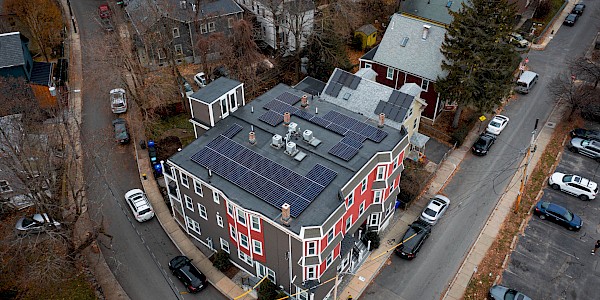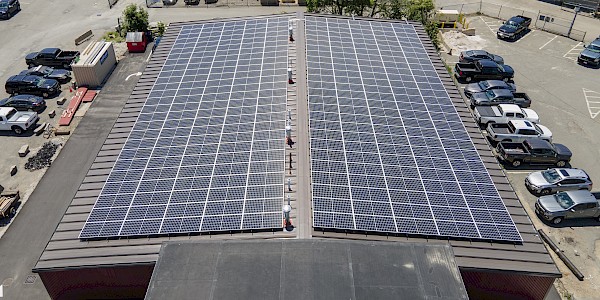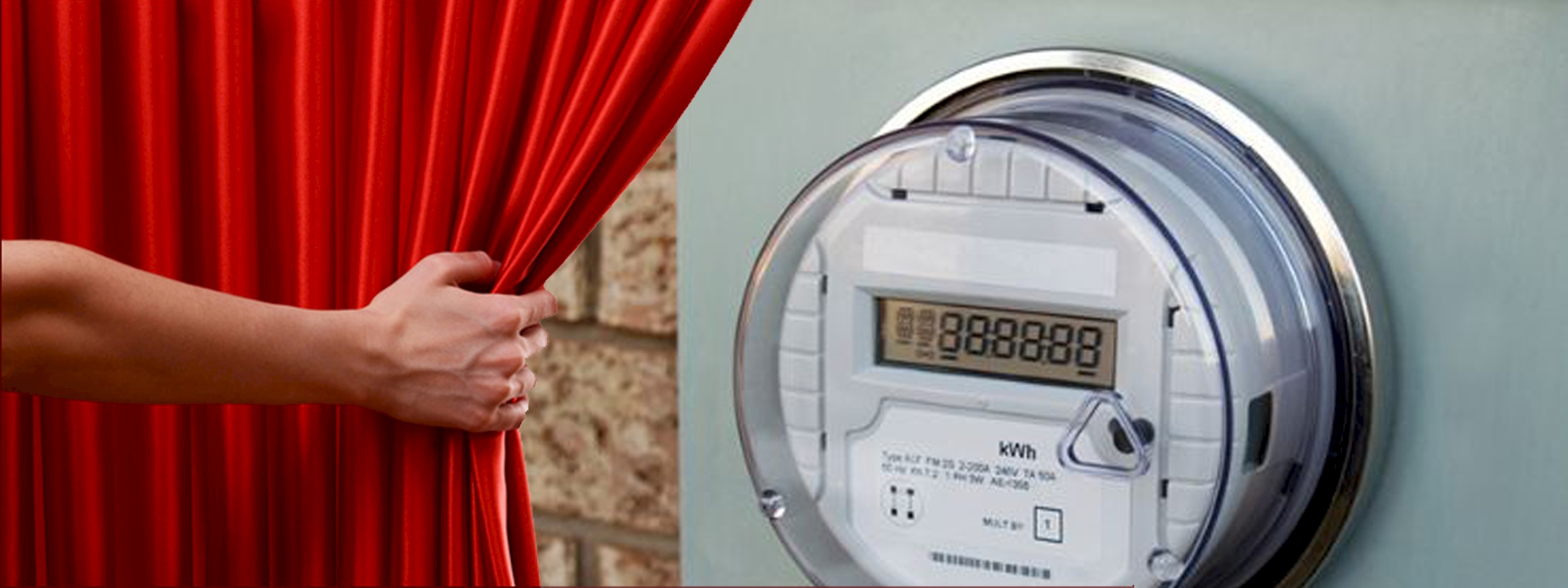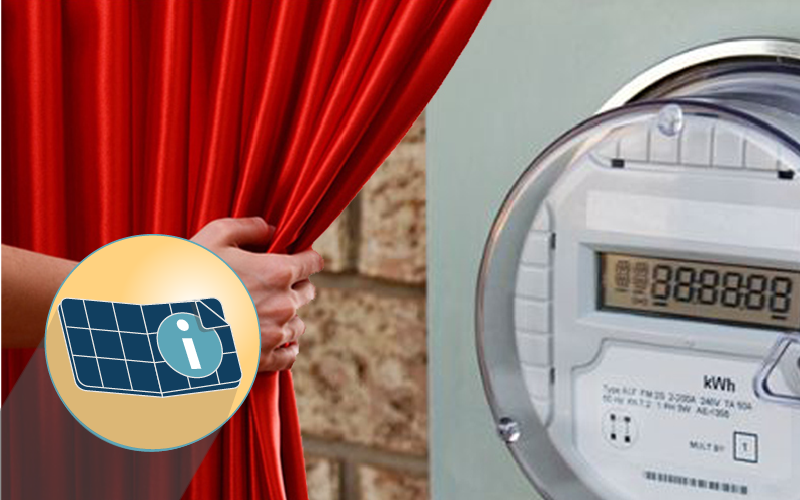What Does "Behind-the-Meter" Mean?
Feb. 17, 2021
When researching solar panels, you’re bound to come across some industry-specific terms that may not make sense right away. There can be a lot of jargon in the solar energy world, after all, and it isn’t always easy to keep it all straight.
“Behind-the-meter” is one such term. “Behind-the-meter” refers to the position of an energy system in relation to an electricity meter. But what does that mean for you and your solar energy system? Let’s find out.
Behind-the-Meter vs Front-of-Meter
The term “behind-the-meter” has a sister phrase, “front-of-meter”, and the two are often used together. But before we can explain what they mean and how they’re different, we need to define the term “meter”.
What Is An Electricity Meter?
An electricity meter is a device that measures the amount of energy a home or building pulls from the electric grid. Almost all residential homes and commercial buildings have an electricity meter attached to them. Your utility, like National Grid or Eversource, collects data from your meter to see how much electricity you’ve used, and therefore, how much money you owe them.
Behind-the-Meter: What It Means
The term “behind-the-meter” refers to energy production and storage systems that directly supply homes and buildings with electricity. Residential and commercial solar panels are considered to be behind-the-meter, as are residential and commercial solar batteries—the energy that is produced and/or stored by these systems is separate from the grid and does not need to be counted by a meter before being used, so they are positioned behind the meter.
Behind-the-meter, however, is not the same as “off-grid”. Most behind-the-meter solar energy systems are still grid-tied, which means they maintain a connection to the electrical grid. The energy the solar PV systems provide do not pass through an electricity meter before it is used by the home or business, but, when the panels are not in use (when there is no sunlight), energy from the grid is sent to the home or business, and that energy must pass through a meter first so that it can be accounted for by the utility.
Front-of-Meter: What It Means
“Front-of-meter” systems provide energy to off-site locations (like a home or business), and that energy needs to pass through a meter before it can be used. You can think of front-of-meter systems as those that are part of the utility. Energy generation and storage systems that feed the grid, as well as the power lines used to transport that energy, are considered to be front-of-meter because the energy they provide must pass through a meter before it can be used—they are positioned in front of the meter. Any energy that is delivered to your home or business from the electric grid comes from a front-of-meter system.
Behind-the-Meter and Net Metering
Net metering is a process through which homeowners and businesses that have solar panels can send excess energy produced by their system back to the grid in return for a credit. That credit can then be used to pay for energy they may need to pull from the grid when their solar panels are not producing electricity.
In order to participate in net metering in Massachusetts, you need to have a bi-directional meter installed at your home or business. This bi-directional meter is installed in place of a traditional electricity meter and used to measure the amount of electricity you pull from the grid as well as the amount you send back or ‘tick backwards’. Solar energy systems that are used for net metering remain behind-the-meter.
Sometimes, an additional meter may be installed to measure the amount of electricity your solar panels produce overall. Incentive programs like the Solar Massachusetts Renewable Target (SMART) program, require this information. To receive your SMART incentive payment for your behind the meter system, the SMART program needs to know how much energy your solar panels produce each month so that they can calculate your monthly incentive payment correctly.
Stay Savvy About Solar Energy With Boston Solar—the #1 Mass-Based Solar Company
We know homeowners want to do their research on solar energy before going solar! Boston Solar is here to help and can break down the jargon and help you understand the different types of solar energy and battery storage systems so that you can make confident decisions about your investment in solar energy.
We can also talk to you about the different solar tax credits and incentives available to Massachusetts residents, net metering credits, SMART incentives, and the Federal Solar Tax Credit, and help you qualify for as many as possible.
Boston Solar is a 100% locally owned and operated company, and our customers are our top priority. We’re here to help make your transition to solar energy as seamless and straightforward as possible.
Interested in solar panels for your Massachusetts home or business? Schedule a free consultation with Boston Solar! Call 617-858-1645 or contact us here.




